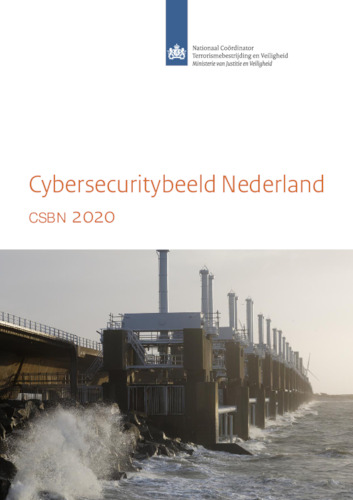Trends in Security Information
The HSD Trendmonitor is designed to provide access to relevant content on various subjects in the safety and security domain, to identify relevant developments and to connect knowledge and organisations. The safety and security domain encompasses a vast number of subjects. Four relevant taxonomies (type of threat or opportunity, victim, source of threat and domain of application) have been constructed in order to visualize all of these subjects. The taxonomies and related category descriptions have been carefully composed according to other taxonomies, European and international standards and our own expertise.
In order to identify safety and security related trends, relevant reports and HSD news articles are continuously scanned, analysed and classified by hand according to the four taxonomies. This results in a wide array of observations, which we call ‘Trend Snippets’. Multiple Trend Snippets combined can provide insights into safety and security trends. The size of the circles shows the relative weight of the topic, the filters can be used to further select the most relevant content for you. If you have an addition, question or remark, drop us a line at info@securitydelta.nl.
visible on larger screens only
Please expand your browser window.
Or enjoy this interactive application on your desktop or laptop.
According to the Court of Audit, the information security of the ministries and government organizations investigated is still not in order.
As in previous years, the Court of Audit has critical comments on the management and maintenance of ICT. Management is about whether the systems are working properly and whether there are few failures. The IT management still leaves something to be desired. Good management means, among other things, that only authorized persons have access to the systems, that employees do not have wider rights than is necessary and that changes are tested before commissioning. Maintenance must ensure that the systems keep up with the times and that they continue to function in the future. The Court of Audit finds that six of the eleven ministries examined have sufficient knowledge about the state of the ICT systems, what it costs to keep them up and running and the risk of malfunctions. The Court of Audit is more critical of the other ministries.
In mei 2020 constateerde de Algemene Rekenkamer dat het belang van informatiebeveiliging beter op het netvlies staat dan eerder bij ministeries en rijksorganisaties en dat er rijksbreed inspanningen zijn geleverd. Zes van de zestien onderzochte ministeries en rijksorganisaties hebben de informatiebeveiliging op orde in plaats van het jaar daarvoor drie. Negen andere zijn nog niet zo ver. De Algemene Rekenkamer stelt vast dat het niveau van beveiliging verschilt per ministerie en wijst er op dat de ministeries van elkaar afhankelijk zijn bij uitwisseling van (geheime) informatie. Hier bepaalt de zwakste schakel de sterkte van de keten.
Net als eerdere jaren plaatst de Algemene Rekenkamer kritische kanttekeningen bij het beheer en onderhoud van ICT. Bij beheer gaat het over de vraag of de systemen goed werken en of er weinig storingen zijn. Het IT-beheer laat nog te wensen laat. Goed beheer houdt onder meer in dat alleen bevoegden toegang hebben tot de systemen, dat medewerkers geen ruimere rechten hebben dan nodig is en dat wijzigingen worden getest voor ingebruikname. Onderhoud moet ertoe leiden dat de systemen met hun tijd meegaan en ook in de toekomst blijven werken. De Rekenkamer constateert dat er op zes van de elf onderzochte ministeries voldoende kennis is over de staat van de ICT-systemen, wat het kost om ze in de lucht te houden en hoe groot het risico is op storingen. Over de andere ministeries oordeelt de Rekenkamer kritischer.


